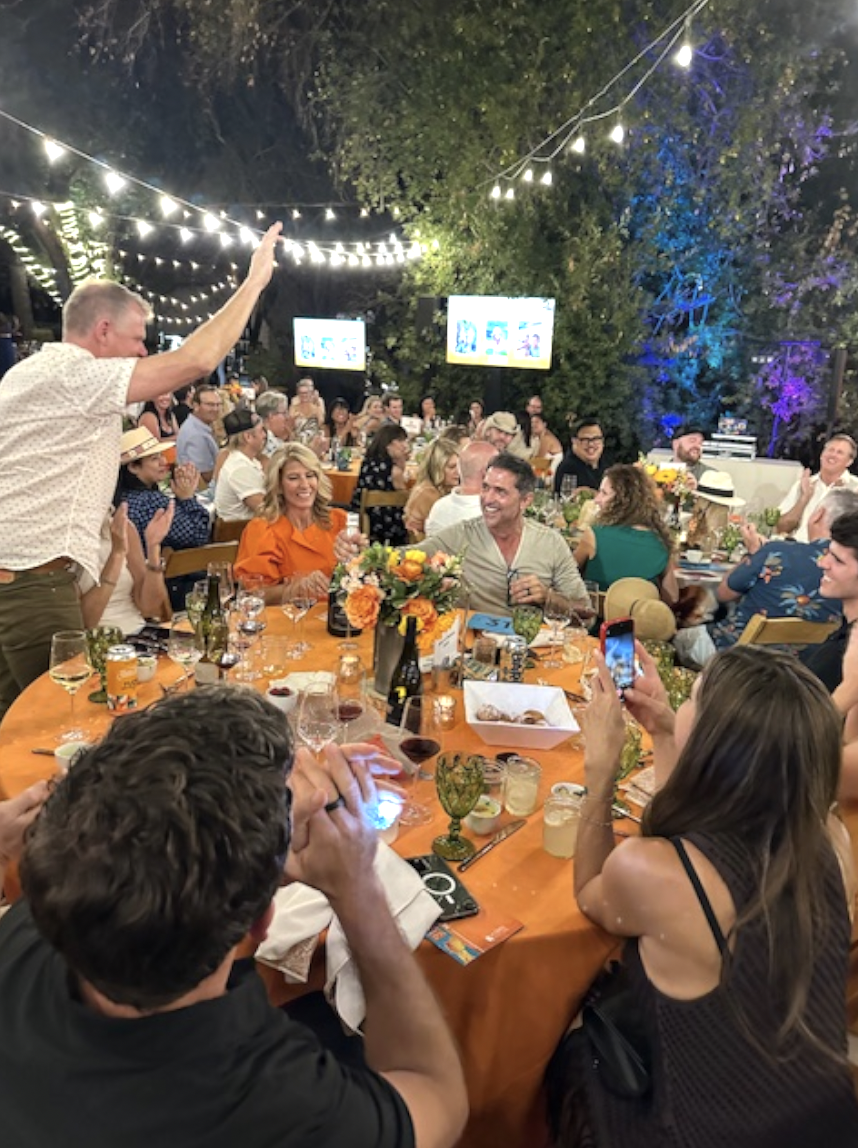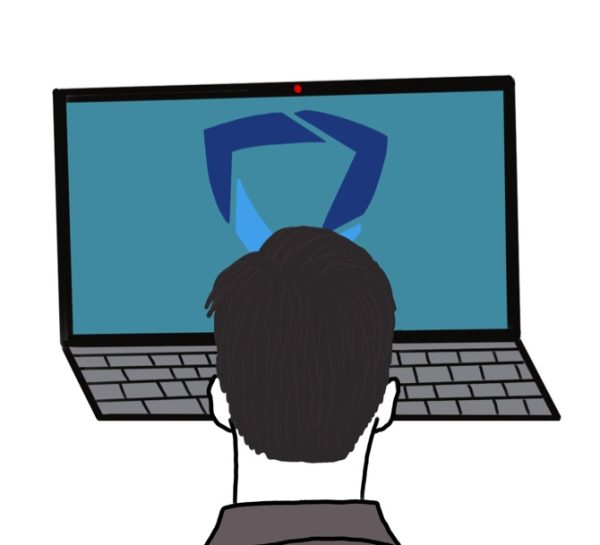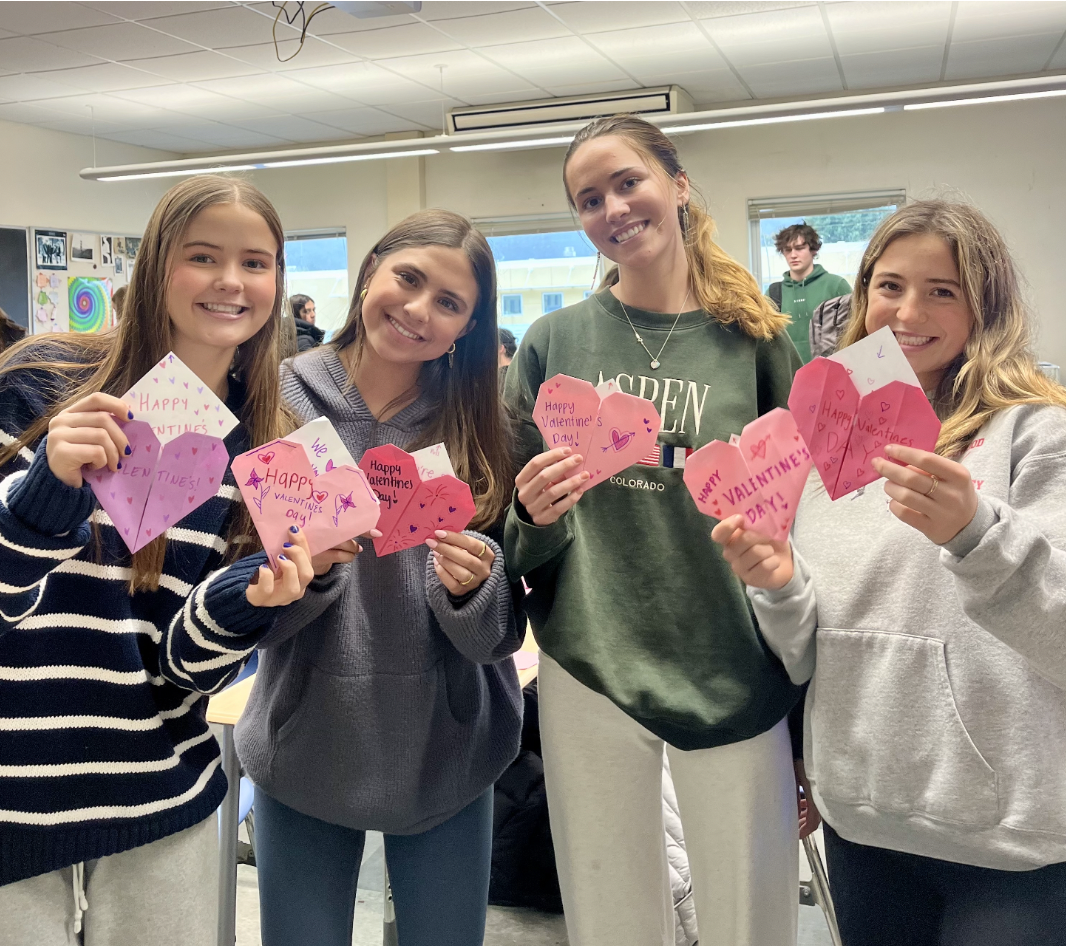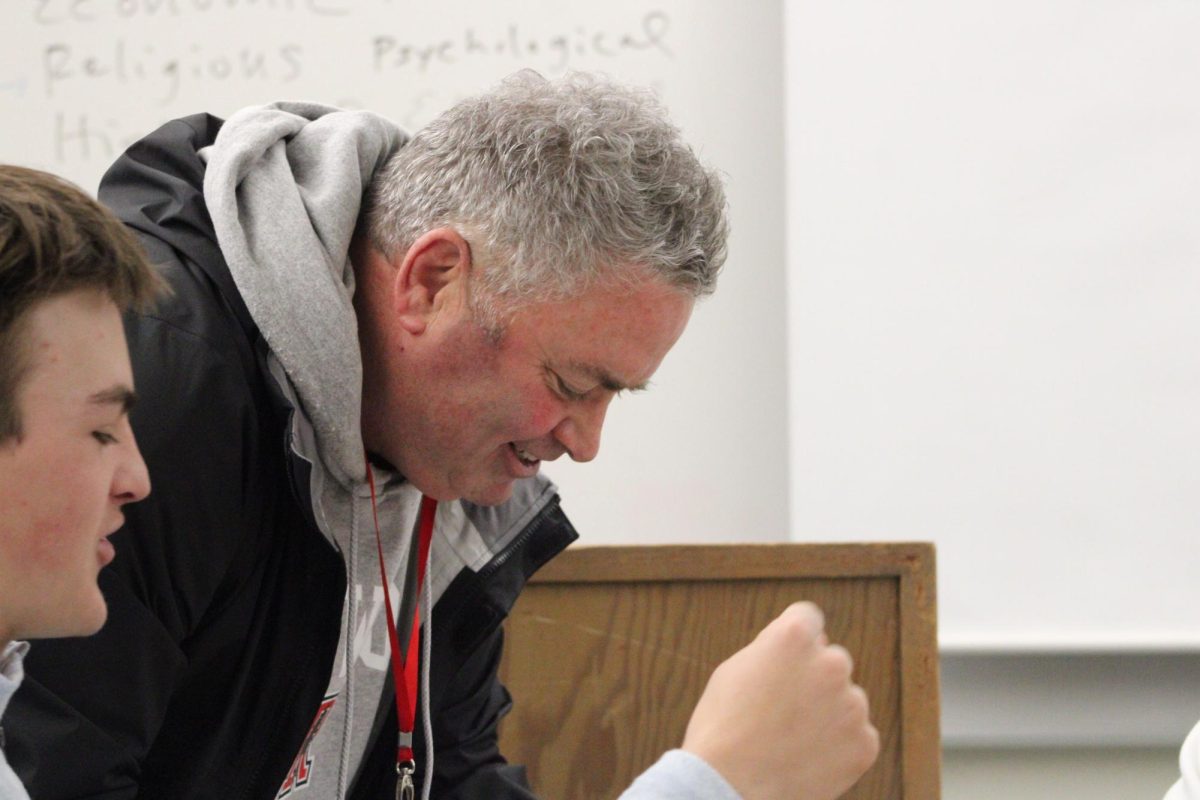On a Friday night in March, “Emma,” a current senior who wished to remain anonymous, was arrested for shoplifting from a store in The Village.
“I thought I was great at [shoplifting] and was never going to get caught but when I did I was so scared and embarrassed,” Emma said. “I didn’t know entirely what would happen to me because I didn’t know about Youth Court.”
The Twin Cities police department sent Emma’s case to the Marin YMCA Youth Court, a peer-driven, restorative justice program for youth, according to program director Don Carney. Here, she told her story to a jury of peers.

“I was really honest about it and I think that they were pretty understanding because they understood that I knew that I made a mistake,” Emma said.
Since 2004, the Marin YMCA Youth Court has offered youth an alternative to being sentenced through juvenile court, according to Carney.
“It is a good eye opener because a lot of kids get caught doing things that they don’t think that they’ll get caught for or they don’t know the severity of, so I think that Youth Court helps with both of those things,” said Jason Hight, the juvenile detective for the Central Marin Police Authority.
According to junior Kate Garrison, a volunteer juror in the program, about 90 percent of cases that are brought to Youth Court are drug or alcohol related, while the other 10 percent usually involve theft or destruction of property.
Once on the stand, the defendants tell jurors about the incident that lead to their arrest. Each juror then asks the defendant questions, according to Carney. Sixty percent of jurors are volunteers while the other 40 percent serve on the jury as part of their restorative justice plan.
“When we are asking them questions we don’t just want to ask them about the event,” Garrison said. “We want to get to know them and their life, like how their family situation is, who their friends are, and what they do in their free time. It’s also really important for us to know if they are in a household that is supporting them.”
According to Garrison, the jury of students can also provide the defendants with free tutoring and counseling if the defendant thinks that they could benefit from the support.
“We also ask them if it was their first time drinking or doing the thing that they were arrested for,” said junior Emily Johnson, who also volunteers on the jury. “If it was a one time drinking thing then they are going to have a much lower sentence than someone who is habitually drinking and doing drugs.”
Emma’s “restorative justice plan” was three mandatory jury duties at Youth Court and 20 hours of community service, which she completed by working at a research lab in the East Bay.
The minimum “restorative justice plan” that the peer jury can order is two jury duties and 15 hours of community service, while the maximum sentence is 5 jury duties and 40 hours of community service, according to Carney.
“We emphasise that the community service is not punishment. It’s restorative justice because they have to restore the bonds they broke with the community,” Johnson said.
As a juvenile detective, Hight’s job is to determine whether a case should be sent to Youth Court or the traditional juvenile justice system. When making the decision, he usually looks at the severity of the crime and whether it was the youth’s first time offense.
“Typically Youth Court is for first time misdemeanants of non-violent crimes, so that looks like a minor in possession of tobacco, marijuana, or alcohol related charges,” Hight said. “We also see some cases that involve weapons on campus, theft, and those types of things.”
Hight does not consider a youth’s behavior in school when determining if a case will go to Youth Court. However, he does consider the youth’s behavior and interaction with police officers at the arrest.
“If we get a lot of attitude or if the youth is not cooperative then my interpretation of Youth Court is that it isn’t going to help that person because the first thing in Youth Court is that you have to admit fault or guilt,” he said.
Only 8 percent of the 95 percent of students who complete the program will come into contact with law enforcement again, according to Carney.
According to the Center on Juvenile and Criminal Justice, 80 percent of California’s youth who go through the traditional justice system will be arrested again within three years of their release.
“Typically our contact is very minimal afterwards,” Hight said. “However, with someone that goes to probation or juvenile court instead of Youth Court, we typically end up seeing them again.”
According to Johnson, students who go through Youth Court take the program seriously.
“It’s a wake up call for them because they can see that the next time they get in trouble the consequences will be real and much more permanent,” Johnson said.
Now that Emma is 18 and has already been to Youth Court once, she said she knows the consequences of being arrested again will be much greater.
“I stopped [shoplifting] immediately after going through Youth Court because the whole experience was really terrifying,” Emma said. “Almost everyone I know has [shoplifted], whether it’s taking cookies from Woodlands or stealing a $500 nice bracelet from Macy’s. The people that I am close to learned from my experience and have stopped shoplifting too.”
Those who fail to complete the program or are arrested again have to go through the traditional juvenile system, according to Garrison.
“If the defendants don’t comply in Youth Court then they will have to face a real court, so they are all happy to be [in Youth Court] because it is not going to go on their permanent record,” Johnson said.
Instead, Youth Court cases involving minors are stored privately in police databases, according to Hight.
“The fact that they were arrested still exists. You can’t erase the fact that you were arrested. If you do any type of governmental job―cop, military, politics―they do a very in- depth background check,” Hight said. “If you are asked the question ‘Have you ever been arrested?’ you have to say yes because you have, and they will find it.”
The Marin YMCA Youth Court holds court from 5-7 p.m. on Thursdays at the Marin County Juvenile Hall.












